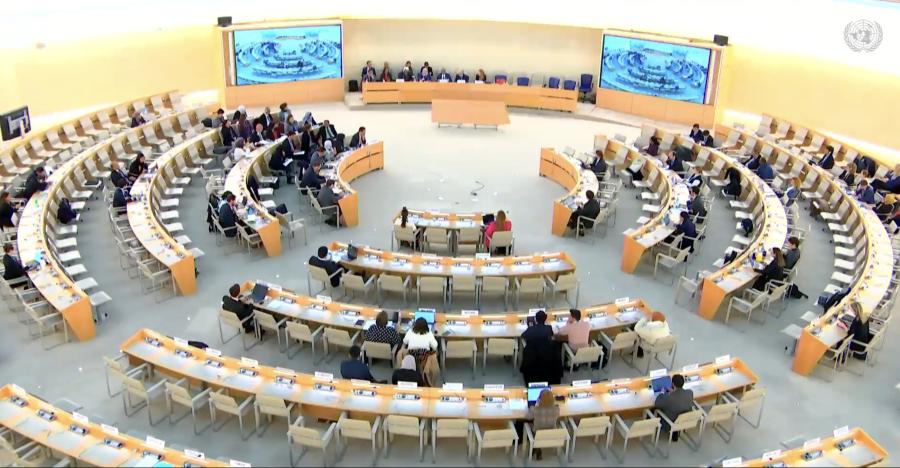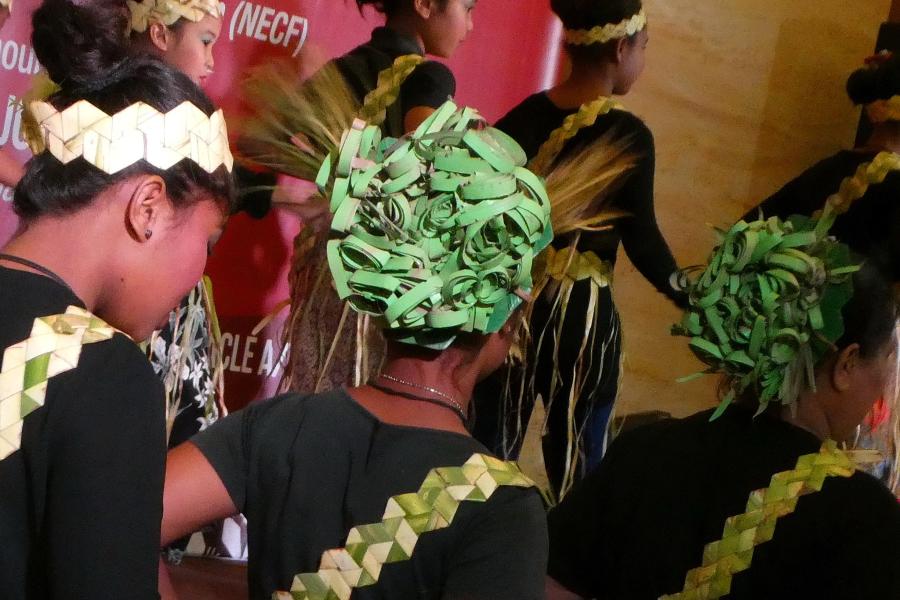In the Upper Rajang basin of Sarawak, a group of native representatives from 15 longhouse communities have sworn to defend their land from being destroyed, with their lives. At stake is not only their land, but their culture as well, if the government's proposed $10 billion Bakun Dam project is implemented.
Led by Tua Kampung Uloi Lian and Tuai Rumah Nyaban Kulleh, both of Long Gang, the group, the Bakun Residents' Action Committee, vehemently opposes the dam. Representing more than 5,000 native people, it is demanding that the government scrap the mammoth Bakun Dam project.
With the assistance of Sahabat Alam Malaysi (SAM), the non-profit environmental group based in Penang, the native Kajang, Kayan, Kenyah, Kenyah-Badang, Penan and Ukit communities are promoting a nationwide scrap-the-dam signature campaign. Launched four months ago, they have already collected more than 2,000 signatures among the residents. With the campaign still going strong in several communities above Bakun, the committee is confident that it will collect at least another 1,000 signatures in the next two months. A survey SAM conducted among the residents in the area also indicates that the vast majority do not want the project implemented.
For these native residents, land is their survival. As Tua Kampung Uloi expressed at a press conference in Siba, "We don't want our land destroyed. Money is nothing to us. Even if we were paid millions of dollars this money cannot guarantee our survival. Money can be printed, land cannot be created". In 1982, more than 3,000 Iban were forced to leave their traditional longhouse homes to make way for the recently opened $526 million Batan Ai Dam. They have yet to receive their promised compensation money or most of their promised cleared agricultural land.
According to reports, the proposed Bakun Dam will create a huge lake larger than the size of Singapore Island, forcing 5,000 more native people of Sarawak to leave their homeland. About half of the electricity generated by the Bakun Dam would mainly cater to the needs of big multinational and energy-intensive industries such as the proposed Reynolds Aluminum smelting plant in Bintulu. The rest of the generated electricity would be transmitted by four undersea cables to Peninsular Malaysia and sold to Singapore. The proposed undersea cables, however, which would be the longest in the world, are an untested technology. Local economists claim that the Bakun Dam is not economically viable or beneficial to the nation.
In appealing to the government to scrap the Bakun Dam project, the Bakun Residents' Action Committee is urging them to instead spend more money to build roads and to improve educational and medical facilities and services. The indigenous peoples are also requesting that the government assist them in developing a more efficient method of cultivation of food crops and cash crops as well as ensure fair prices for all their agricultural products.
To support their effort in opposing the Bakun Dam project, send your signature to: Sahabat Alam Malaysia (Friends of the Earth), 37, Lorang Birch, Penang, Malaysia.
Article copyright Cultural Survival, Inc.


